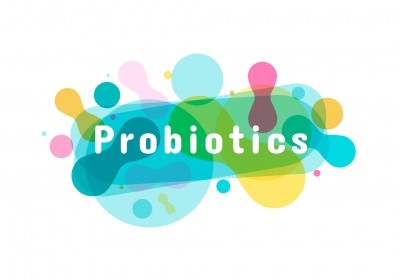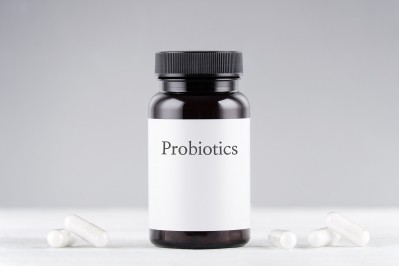Probiotic blend may boost sleep quality: Human study

The study uses Probiotical’s Bifizen blend of Limosilactobacillus fermentum LF16 (DSM 26956), Lacticaseibacillus rhamnosus LR06 (DSM 21981), Lactiplantibacillus plantarum LP01 (LMG P-21021) and Bifidobacterium longum 04 (DSM 23233).
Data from the Pittsburgh Sleep Quality Index (PQSI, a subjective measure) indicated that the probiotics led to greater PQSI global scores than the placebo, while measurements from Fitbit wearable devices (objective measures) revealed strong trends toward greater sleep duration and total time in bed.
The study was co-sponsored by Italy’s Probiotical and US-based Ashland. Probiotical’s CEO Vera Mogna welcomed the trial’s findings.
“Lack of quality sleep affects health, mood, and overall well-being,” she said. “These results represent an encouraging solution and represent an exciting direction for the probiotics industry. Probiotical remains committed to studying the gut-brain axis and investigating the positive impact of beneficial probiotics on quality of life.”
Sleep – the opportunity
Between 10% and 30% of the global population are estimated to suffer from insomnia. According to the CDC, sleep deprivation is estimated to cost the US about $400 billion every year.
As reported by NutraIngredients-USA, sales of supplements to support healthy sleep experienced a boom during the pandemic years to hit $737 million in 2021. There was some recalibration in the market after the record setting years of 2020 and 2021, but sales were still over $700 million in 2022, according to data from SPINS on the mass and natural channels.
The overall market is dominated by melatonin, with magnesium, valerian and (increasingly) ashwagandha among the other star ingredients in the category. Pre-, pro- and postbiotics are yet to break into the top 10 for sleep supplements, but the emerging science is increasingly compelling.
There is evidence in the scientific literature that shows that partial sleep deprivation may change the microbiota, while jet lag and shift work can also produce dysbiosis, which in turn can promote obesity and glucose intolerance.
Study details
Led by Chad Kerksick, PhD, of Lindenwood University in St. Charles, MO, the researchers recruited 70 people (average age 31) to participate in their randomized, double-blind, placebo-controlled trial. Participants were randomly assigned to receive either the probiotic blend or placebo for six weeks. The subjects were then followed for an additional three weeks post-supplementation. The daily probiotic dose was a total of four billion viable cells (one billion of each of the four strains), as measured by flow cytometry (giving results as Active Fluorescent Unit (AFU)/g) and plate count (giving results as Colony Forming Units, CFU).
Results showed that the benefits to sleep were observed in the probiotic group after six and nine weeks of study, as measured subjectively and objectively. Specifically, the probiotics were associated with shorter times to fall asleep, less daytime dysfunction, greater sleep duration and more total time in bed.
On the other hand, no improvements in the total hours of sleep, the number of minutes awake during the night or the number of times awake during the night were reported.
Dr. Kerksick and his co-workers also reported that systolic blood pressure was found to have increased at week six in the placebo group, but no such changes were observed in the probiotic group.
The researchers speculated that the potential benefits were linked to the beneficial changes in the composition of the intestinal microbiota, which in turn impacted various biomarkers affecting sleep.
Source: Beneficial Microbes
Published online ahead of print, doi: 10.1163/18762891-bja00002
“Multi-strain probiotic improves subjective sleep quality with no impact on body composition, hemodynamics, and physical activity”
Authors: C.M. Kerksick et al.















